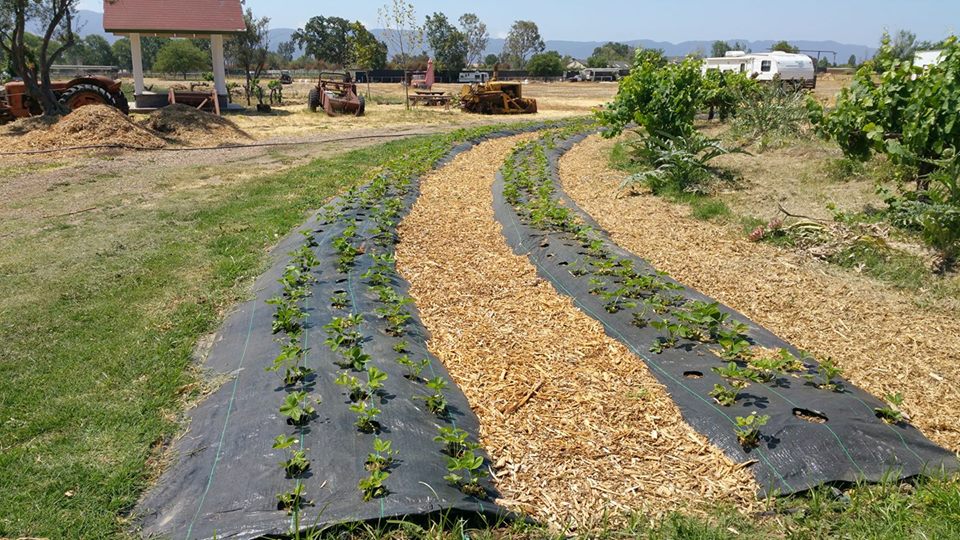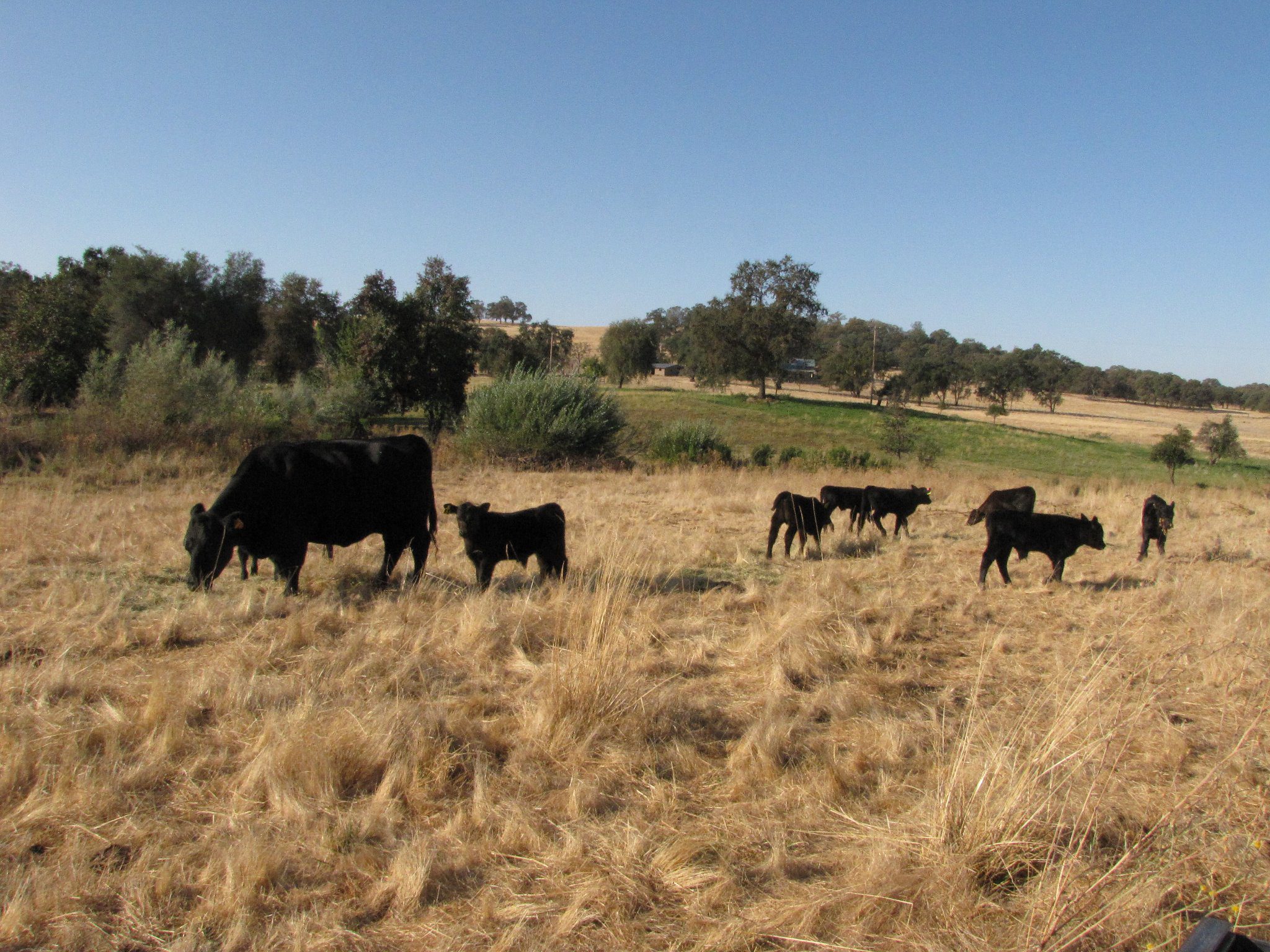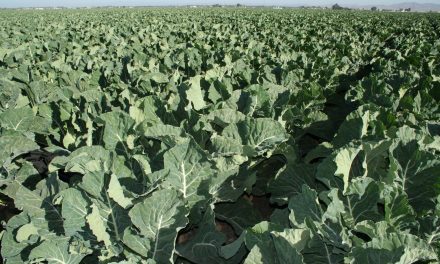AFBF president testifies during House Agricultural Committee hearing on food insecurity
By Zippy Duvall
President, American Farm Bureau Federation
EDITOR’S NOTE: On March 11, The House Agricultural Committee held a hearing titled “A Look at Food Insecurity in America.” The following is the written testimony given by American Farm Bureau Federation President Zippy Duvall.
Mr. Chairman and members of the committee, my name is Zippy Duvall. I am a third-generation farmer and president of the American Farm Bureau Federation. I am pleased to offer this testimony on behalf of Farm Bureau members across the country.
When COVID-19 hit, it presented extreme hardship for America — farmers were left with nowhere to go with their products due to supply chain disruptions, and we found the lines to food banks over a mile long in some instances.
Our nation’s food insecurity was becoming more apparent by the day, and it was imperative that something be done. As farmers, we were heartbroken that the produce, milk and meat we put our heart and soul into producing wasn’t reaching Americans who so desperately needed it. Farmers across the country took it into their own hands to address hunger. County and state farm bureaus worked with churches and community centers to help those in need.
And help, we did! As of today, I am proud to share that through our network of state and county farm bureaus across the country, we have given $5.4 million, 1.4 million pounds of food and over 20,000 gallons of milk to local food banks, food pantries and pandemic relief programs.
But we did not do this alone. At the pandemic’s onset, the American Farm Bureau immediately reached out to our friends at Feeding America to join together in calling on USDA to help address the breakdown in our supply chain.
Some farmers had no outlet to sell directly to customers, and many Americans had no access to local farms or financial means to purchase food. USDA quickly answered the call by standing up the Farmers to Families Food Box program, which played a critical role in addressing hunger by delivering more than 140 million food boxes across the country. Even in times outside of a pandemic, strong farm policy, the work of this committee, is important to assisting in the fight against food insecurity.
The United States is known as the breadbasket of the world, and as a Georgia farmer, there is no greater honor in my book than to claim that title. Yet food insecurity has crept into our rural communities, schools and neighborhoods.
To further address this need, benefits under USDA’s Supplemental Nutrition Assistance Program have increased to more than $7 billion per month, 60% higher than pre-pandemic levels, and helping millions more Americans each day access food. I must tip my hat to you for including funding in the COVID relief packages.
As those who produce this food, we feel a duty to make sure everyone in America is fed. The greatest joy for a farmer is being able to share with others an abundant harvest. Across the country, we found creative ways to do it.
In Montana, Park County Farm Bureau member Matt Pierson started Producers Partnership in April of 2020 to donate beef to local food banks and food pantries. What started as one rancher’s idea has now resulted in 17,500 pounds of beef and $65,000 raised for processing costs.
In Maryland, our young farmers packed 5,000 meals for families in need as part of their Outreach Program and donated them to Maryland Food Bank community partners.
Members of Oneida County Farm Bureau in New York joined with other groups to pass out 4,000 gallons of milk and 43,000 pounds of food to those affected by the pandemic.
In Minnesota, 68 county farm bureaus held events resulting in donations of 12,200 pounds of food, 43,000 meals and $33,700 to local food shelves, reaching 52,250 people.
In Central California, Farm Bureau members and local organizations came together to donate more than 400,000 meals and 1,000 volunteer hours. And in Arizona, “Friends of the Farm” uses the statewide emergency food relief network to purchase fresh, Arizona-grown produce, dairy, and protein and distribute it to Arizonans struggling with hunger. Nearly 250,000 pounds of produce has been purchased from small farms.
Utah Farm Bureau also stepped up in a powerful way through their charitable foundation’s Farmers Feeding Utah campaign. In 2020, they raised more than $400,000 in donations from individuals and businesses, and provided more than 500,000 pounds of food to Utah residents in the Navajo Nation, northern Utah, West Salt Lake, Ogden and to smaller community pantries throughout the Wasatch Front.
In Texas, they do everything big and their charity work is no exception. County farm bureaus in the Lone Star State donated $379,000 directly to food-relief and community organizations in 2020. Matching funds from the state Farm Bureau of another $174,500 increased the positive impact and the state Farm Bureau also donated $25,000 to Meals on Wheels Waco. Altogether, county and state farm bureaus in Texas donated more than a half million dollars to charities in 2020 to help address food insecurity and keep communities strong.
I could go on and on with impressive stories of generous giving by hundreds of county and state farm bureaus nationwide. I could not be prouder to lead this organization. We are having a very real impact on food insecurity and we’re helping to meet the need within our communities all across this great country. We are stronger together.
Mr. Chairman, I commend you for holding this hearing on such an important topic. We look forward to the bipartisan solutions this committee will accomplish in the fight against food insecurity. America’s farmers and ranchers have played an integral role in combatting hunger and we will continue to do so, pandemic or not. Thank you for the opportunity to testify before this committee.







